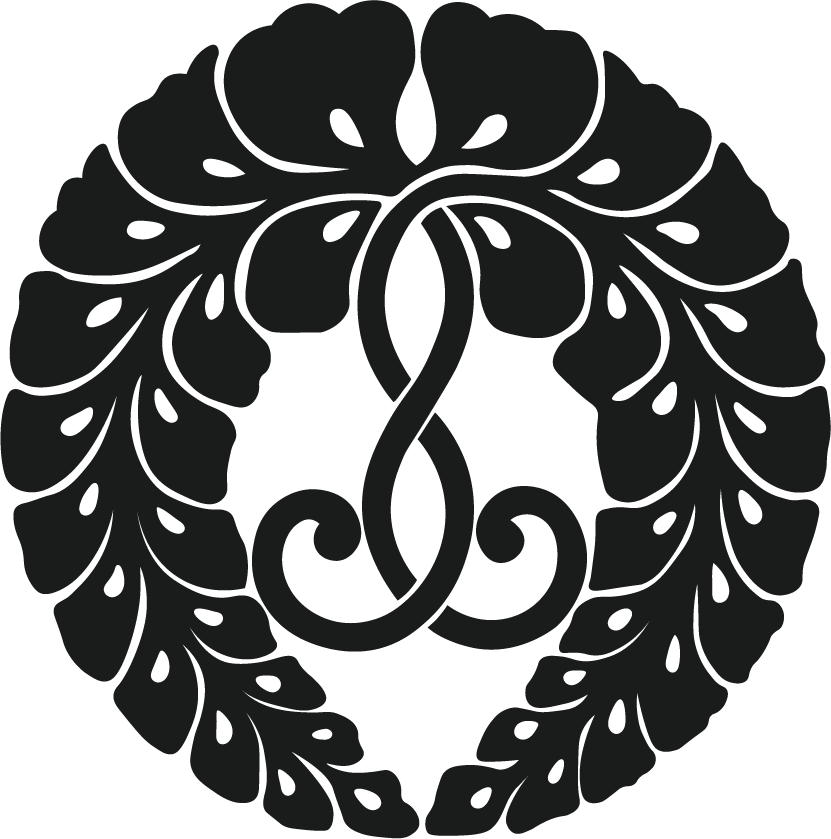Bodhi Day
By Rev. Matt Hamasaki | Ministers Blog
In the month of December, we will be celebrating Bodhi Day, or the commemoration of the day that the Buddha attained enlightenment.
This is important for us as Buddhists because the realization that Siddhartha Gautama had about the reality of existence is what made him the “Awakened One” or Buddha and he began to teach this understanding, which laid out the way for all of us to follow.
Although he went through many different teachers and paths to find what he was looking for (the end of suffering), he could not find it. He was so devoted to his pursuit that he partook in incredibly difficult practices that emaciated his body. After many years of this, Siddhartha learned he would not find the answer he sought this way.
After leaving this path of penance, he went to the river to bathe himself, collapsing from exhaustion under a tree. A milkmaid, Sujata, gave him some kheer, an Indian rice porridge, that revitalized his body and nursed him back to health. With his energy restored, he sat under the tree and meditated, resolving not to get up until he found the truth he wanted. And that is how he attained enlightenment.
An integral person in the story is Sujata, the milkmaid who nursed the Buddha to a state that he would be able to reach his goal. Her selfless actions are celebrated in different sects of Buddhism by serving kheer during their Bodhi Day ceremonies. Growing up, this was not the tradition at my temple, nor was it one that I was aware of at any others.
Being someone who loves food (especially rice and porridge) I was intrigued as to what this kheer would taste like. Looking at recipes, traditionally it is made by cooking rice in milk with the addition of sugar or honey as sweetener, and cardamom as a spice which is often used in Indian cooking. Then it is topped with nuts and sometimes raisins. However, in Japan, it starts with okayu, a rice porridge, which milk is then mixed into and then the sweetening ingredients.
Of course, there are also places that make it more traditional and have the cardamom, but it’s interesting to me to see how the culture has adapted this dish with foods that are more indigenous.
With that in mind, it’s wonderful to celebrate Bodhi Day in many diverse ways, keeping in mind the efforts of the Buddha and those who supported him with our hearts full of gratitude and our tummies full of delicious food.

